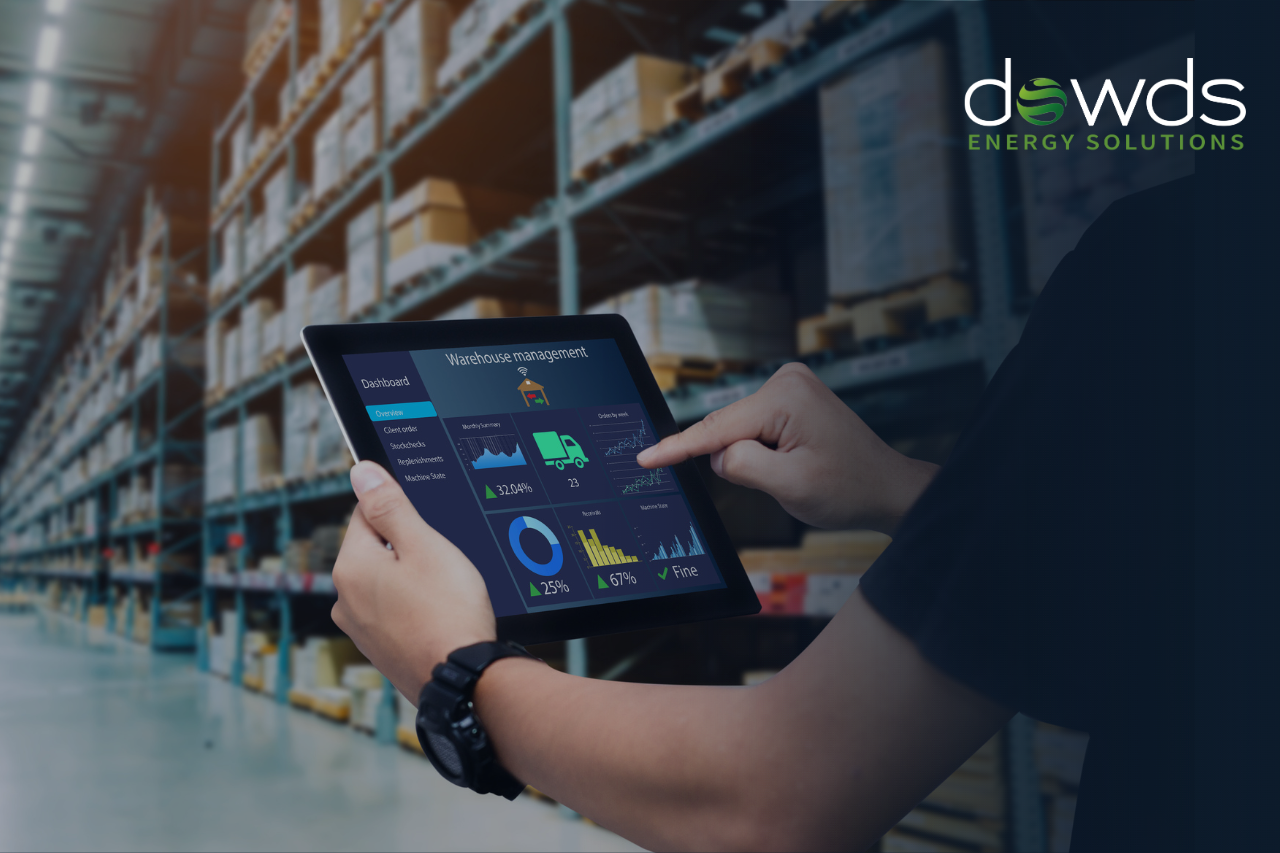SMART METERING v TRADITIONAL BMS
Tuesday, 15 October 2024

Smart Metering V Traditional BMS – What’s the difference?
As businesses around the world commit to decarbonisation, optimising energy management has never been more critical. Traditional Building Management Systems (BMS) have long been the backbone of commercial energy management, but a new contender is rapidly emerging: smart metering! This advanced technology offers a level of precision, insight, and control that surpasses traditional BMS, empowering businesses to accelerate their journey toward carbon neutrality.
Understanding Smart Metering and BMS
Before diving into the benefits, it's essential to understand what these systems do:
- Building Management Systems (BMS):
These are centralised control systems that monitor and manage the mechanical and electrical equipment in a building, such as HVAC, lighting, and energy systems. While effective for basic control, traditional BMS often lack the granularity and real-time data necessary for advanced energy management and decarbonisation.
- Smart Meters:
Smart meters are advanced devices that provide detailed, real-time data on energy consumption. They offer high-resolution insights into energy use, often down to individual appliances or systems. This real-time data is crucial for identifying inefficiencies and optimising energy usage on a much more granular level.
The Benefits of Smart Metering Over Traditional BMS
Real-Time Data and Enhanced Accuracy
Traditional BMS typically provide data on a system-wide basis, often with significant delays. This makes it difficult to pinpoint inefficiencies and respond promptly. Smart meters, on the other hand, deliver real-time data with precise accuracy. This allows for immediate identification and correction of energy inefficiencies, leading to more effective energy management, faster reductions in carbon emissions and therefore saving precious pounds!
Granular Energy Insights
Unlike BMS, which offer a broad overview of a building's energy use, smart meters can drill down to the energy consumption of individual devices or systems. This level of detail enables businesses to make targeted improvements, such as identifying energy-hungry equipment or optimising the performance of specific systems. The result is a more tailored approach to energy efficiency and decarbonisation.
Improved Energy Forecasting and Load Management
Smart meters provide a continuous stream of data, which can be analysed to predict future energy needs more accurately. This is particularly beneficial for load management, as businesses can shift energy-intensive activities to off-peak times, reducing costs and strain on the grid. BMS systems, with their less detailed data, often fall short in this area, leading to less efficient load management and higher energy costs.
Enhanced Reporting and Compliance
With growing pressure to meet sustainability targets, detailed reporting on energy consumption and carbon emissions is essential. Smart meters simplify this process by automatically generating comprehensive reports that can be used to track progress toward decarbonisation goals and comply with regulatory requirements. Traditional BMS often require manual data collection and analysis, making reporting more time-consuming and prone to errors.
Facilitates Renewable Energy Integration
As businesses increasingly turn to renewable energy sources like solar and wind, the ability to monitor and manage energy production and consumption in real time becomes crucial. Smart meters excel in this area, providing the necessary data to optimise the integration of renewable energy into your energy mix. This capability ensures that your business maximises its use of renewable energy, further reducing its carbon footprint. Traditional BMS lack this level of sophistication, making them less effective in supporting a transition to renewables.
Cost Savings Through Improved Efficiency
The detailed insights provided by smart meters enable businesses to identify and eliminate energy waste, leading to significant cost savings. By optimising energy use, businesses can reduce their energy bills and invest the savings into other sustainability initiatives. While BMS can contribute to energy savings, they are often less effective due to their broader focus and less detailed data.
Scalability and Flexibility
A Smart meter offers greater scalability compared to traditional BMS. As your business grows or your energy management needs change, smart meters can easily be adapted or expanded to cover new areas or provide additional data. This flexibility is essential in a rapidly changing energy landscape where agility can provide a competitive advantage. BMS, with their rigid infrastructure, often require costly upgrades to accommodate new requirements.
While traditional BMS have served businesses well for many years, the growing need for precise, real-time energy management in the fight against climate change calls for a more advanced solution. Smart metering provides the detailed insights, flexibility, and accuracy needed to optimise energy use, reduce carbon emissions, and achieve decarbonisation goals.
By integrating Smart Metering into your energy management strategy, your business can not only meet its sustainability targets but also enjoy significant cost savings, enhanced operational efficiency, and a stronger competitive position in a carbon-conscious world. Now is the time to embrace the future of energy management—now is the time for smart metering. Get in touch with our team today to discuss tailored options for your business.